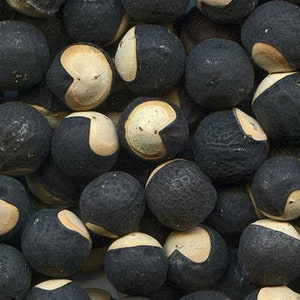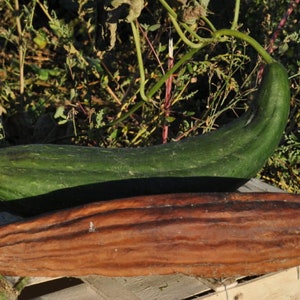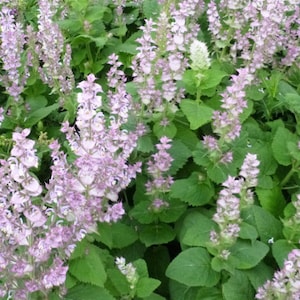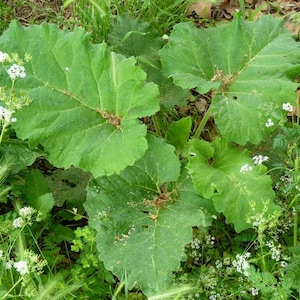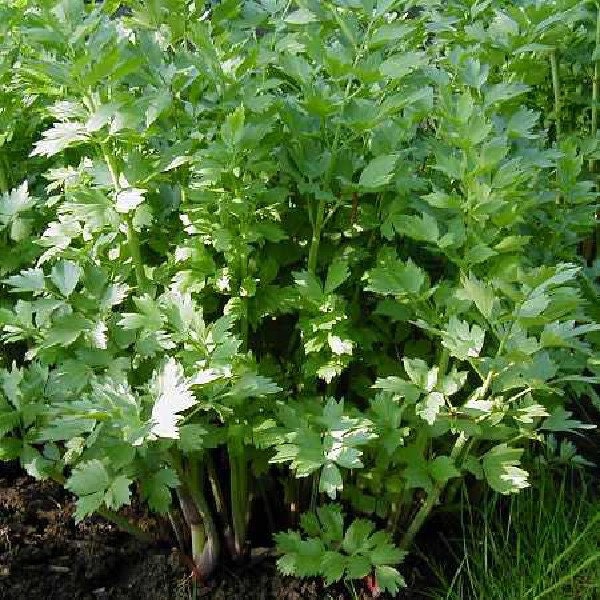
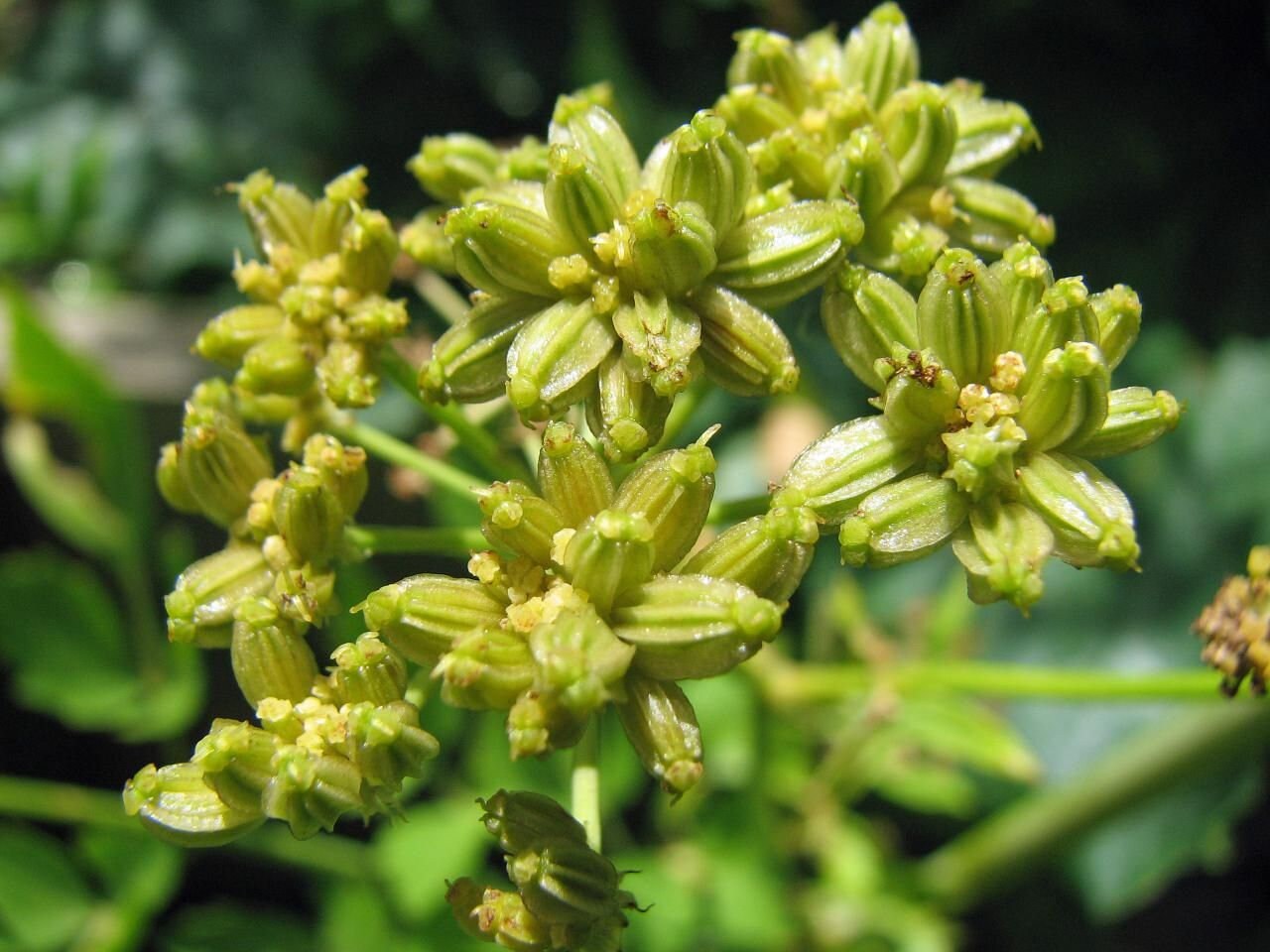
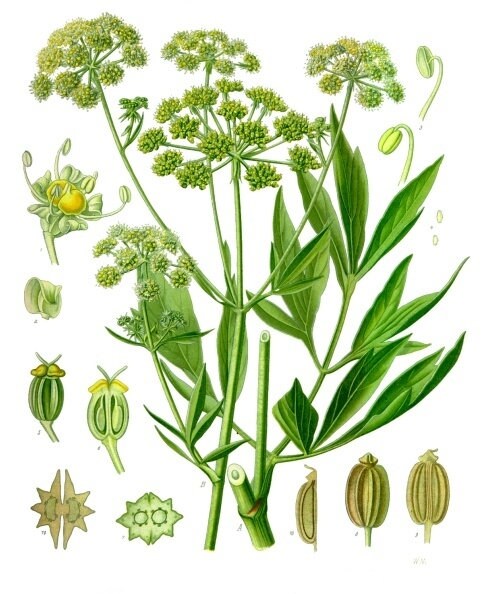
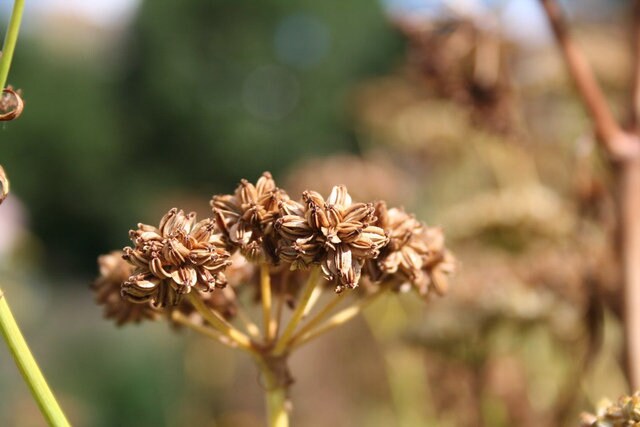
plante sacrée
Lovage seeds or mountain vetch
$3.65
-
DetailsLovage seeds, Mountain vetch (Levisticum officinale) 1 gram approx 350 seeds
Mountain acacia, an aromatic plant with character!
Lovage (Levisticum officinale), is more commonly called perpetual celery or mountain celery or more popularly Maggi herb. The smell and taste are reminiscent of celery, but stronger. Excellent for flavoring your dishes and soups.
Lovage requires space in the garden:
It is a perennial and very vigorous herbaceous plant. It can reach a height of 1.20 to 1.50 meters. Its erect stems are hollow and bear large, slightly yellowish green leaves, cut into several serrated lobes.
During the winter, the foliage disappears, but the stump is very cold-resistant (around –15°C). And the following spring, you will see new leafy stems reappear.
Sowing and growing mountain ash:
Lovage likes rich, humus-rich, fresh soil and a sunny exposure; in the south of France, prefer a semi-shaded exposure. Be careful because if the location suits it, it will make itself comfortable!
Sowing will be done in a nursery, in August, for transplanting the following spring. You can also sow from March to June, in place.
Growing lovage in a pot is possible, but the root is so large that you will need a fairly wide and deep pot.
Lovage takes 3 years to reach its adult size. You can then divide the stump in the spring.
In the fall, when the harvest is finished, cut back the clump and add compost.
Harvesting lovage:
The leaves are picked before flowering; harvesting must be regular to allow the plant to produce new tender shoots.
Companionship in the vegetable garden:
Perennial celery likes to be combined with cauliflower, spinach, beans, leeks, peas and tomatoes, but salads do not appreciate it.
Where to plant mountain ash?
Don't forget, before installing perennial celery in the vegetable garden, that it will remain in place for several years!
Perennial celery needs a fairly large space in the vegetable garden where it can flourish and delight you with fragrant leaves for your soups and stews.
How to use lovage in cooking?
It is used in the preparation of many recipes based on broths, sauces and soups. Be careful not to overdo it, because perennial celery has a much stronger taste than other cultivated celery. You can also use it to flavor lamb, including the famous Drob-sarma, a kind of lamb risotto, as well as mussels. The seeds, which are also very fragrant, are used to flavor pastries.
Some virtues of mountain ash:
Perennial celery also has medicinal virtues such as: diuretic, hypoglycemic, aphrodisiac, digestive and carminative aperitifs.
Reproducible seeds harvested exclusively in the Pot'à'Jo garden, a horticultural and permaculture market garden of 1500m². Everything is cultivated there with deep respect for nature and their inhabitants. I have been growing my own seeds from seed to seed for years. -
Shipping & Policies
Shipping from France
Processing time
1-3 business days
Customs and import taxes
Buyers are responsible for any customs and import taxes that may apply. I'm not responsible for delays due to customs.
Payment Options
Returns & Exchanges
I gladly accept returns and exchanges
Just contact me within: 14 days of delivery
Ship items back to me within: 30 days of delivery
I don't accept cancellations
But please contact me if you have any problems with your order.
The following items can't be returned or exchanged
Because of the nature of these items, unless they arrive damaged or defective, I can't accept returns for:
- Custom or personalized orders
- Perishable products (like food or flowers)
- Digital downloads
- Intimate items (for health/hygiene reasons)
Conditions of return
Buyers are responsible for return shipping costs. If the item is not returned in its original condition, the buyer is responsible for any loss in value.
